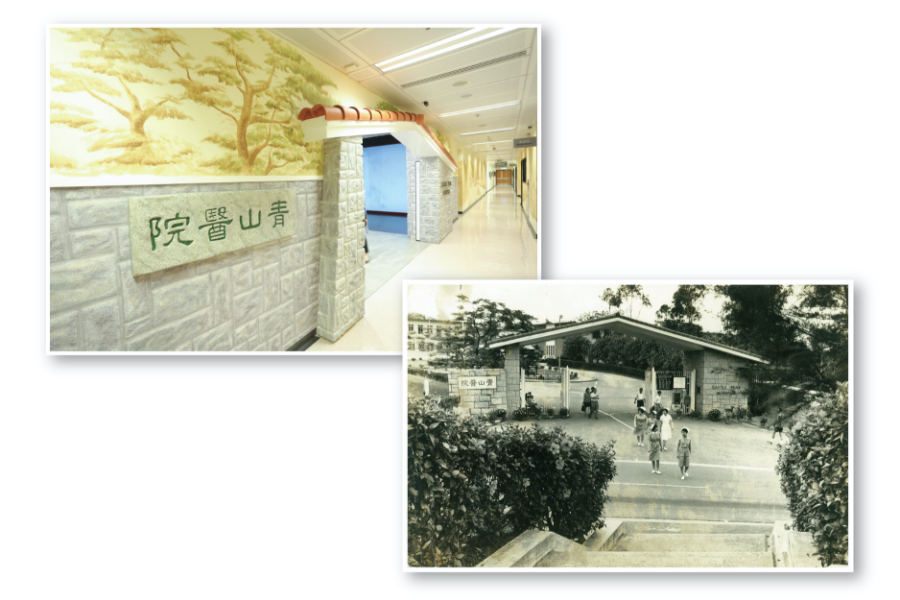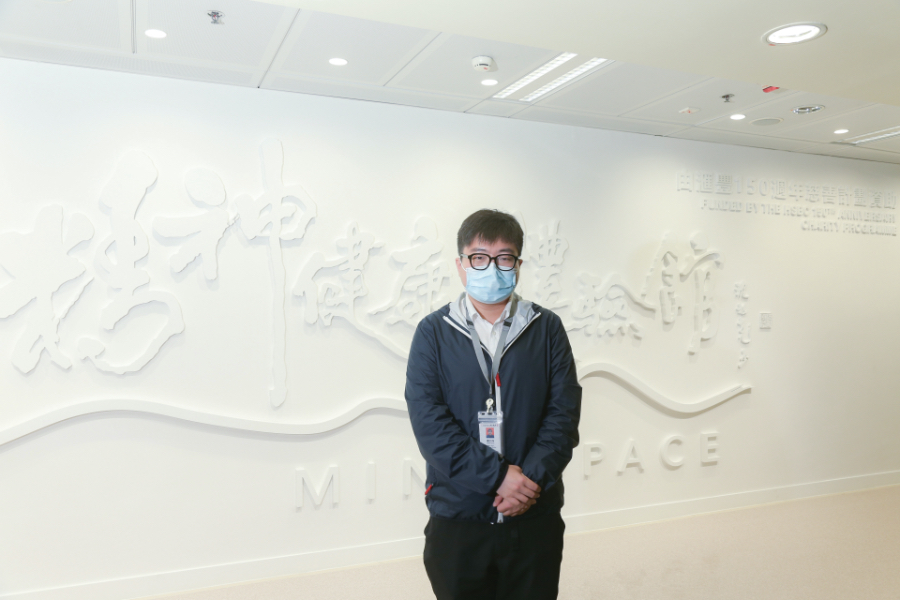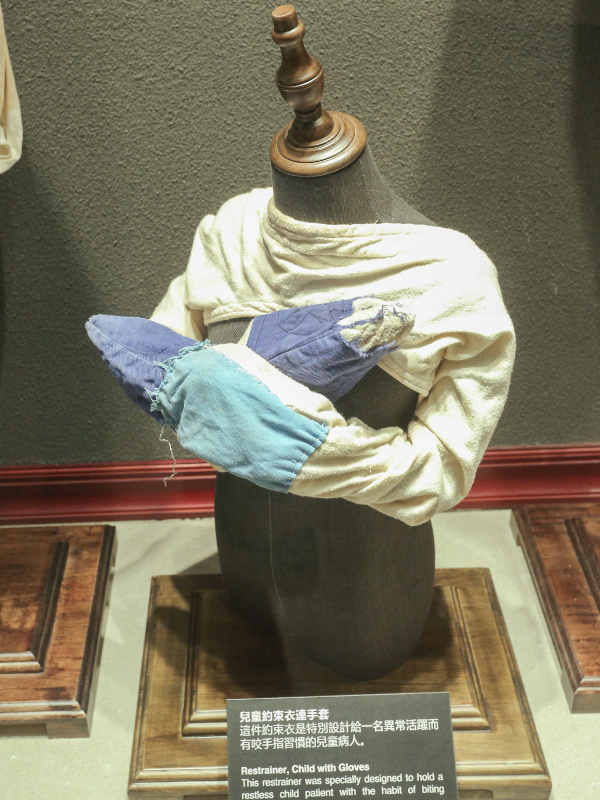
Mind Space simulates the symptoms of mental illness to enhance understanding

As part of its mission to raise public awareness and understanding about mental illness, CPH in 2020 set up a mental health experience museum called Mind Space which uses virtual reality technology and 3D projection to give visitors a first-hand insight into typical psychiatric symptoms. Mind Space places visitors in simulation rooms replicating a wet market and a library, and allows them to experience visual and auditory hallucinations and delusions so that they can understand the real-life emotions of psychiatric patients.
Siew Yu-fei (pictured) in recovery from mental illness works as a peer support worker at CPH and is responsible for the operation of the symptom experience room. “Experiencing hallucinations and delusions through virtual reality makes a powerful impression on visitors,” he says, adding that he describes his own experience of mental disorder to visitors. “Some people are scared by it and others ask why they get dizzy. I explain to them these are the pains psychiatric patients live with every day. I hope that, through this, people can pay more attention to the situation of patients and provide more support for them. Sometimes, just a smiling face is more than enough.” Yu-fei finds his job meaningful to the patients with mental health problems.
Siew Yu-fei (pictured) in recovery from mental illness works as a peer support worker at CPH and is responsible for the operation of the symptom experience room. “Experiencing hallucinations and delusions through virtual reality makes a powerful impression on visitors,” he says, adding that he describes his own experience of mental disorder to visitors. “Some people are scared by it and others ask why they get dizzy. I explain to them these are the pains psychiatric patients live with every day. I hope that, through this, people can pay more attention to the situation of patients and provide more support for them. Sometimes, just a smiling face is more than enough.” Yu-fei finds his job meaningful to the patients with mental health problems.

Visitors can also learn about the development of CPH and psychiatric services in Hong Kong over the years through a display of old photographs, video documentaries, and exhibits. Mind Space also highlights some lesser-known stories about CPH. One of them is the renaming of Castle Peak to Tuen Mun by the government during the development of new towns, which residents believed it was related to the negative image of Castle Peak, a byword for mental disorders at that moment.
Mind Space is currently open for visits by some community organisations and schools by appointment. Visiting arrangements will be extended to the general public at a later date.
Mind Space is currently open for visits by some community organisations and schools by appointment. Visiting arrangements will be extended to the general public at a later date.
